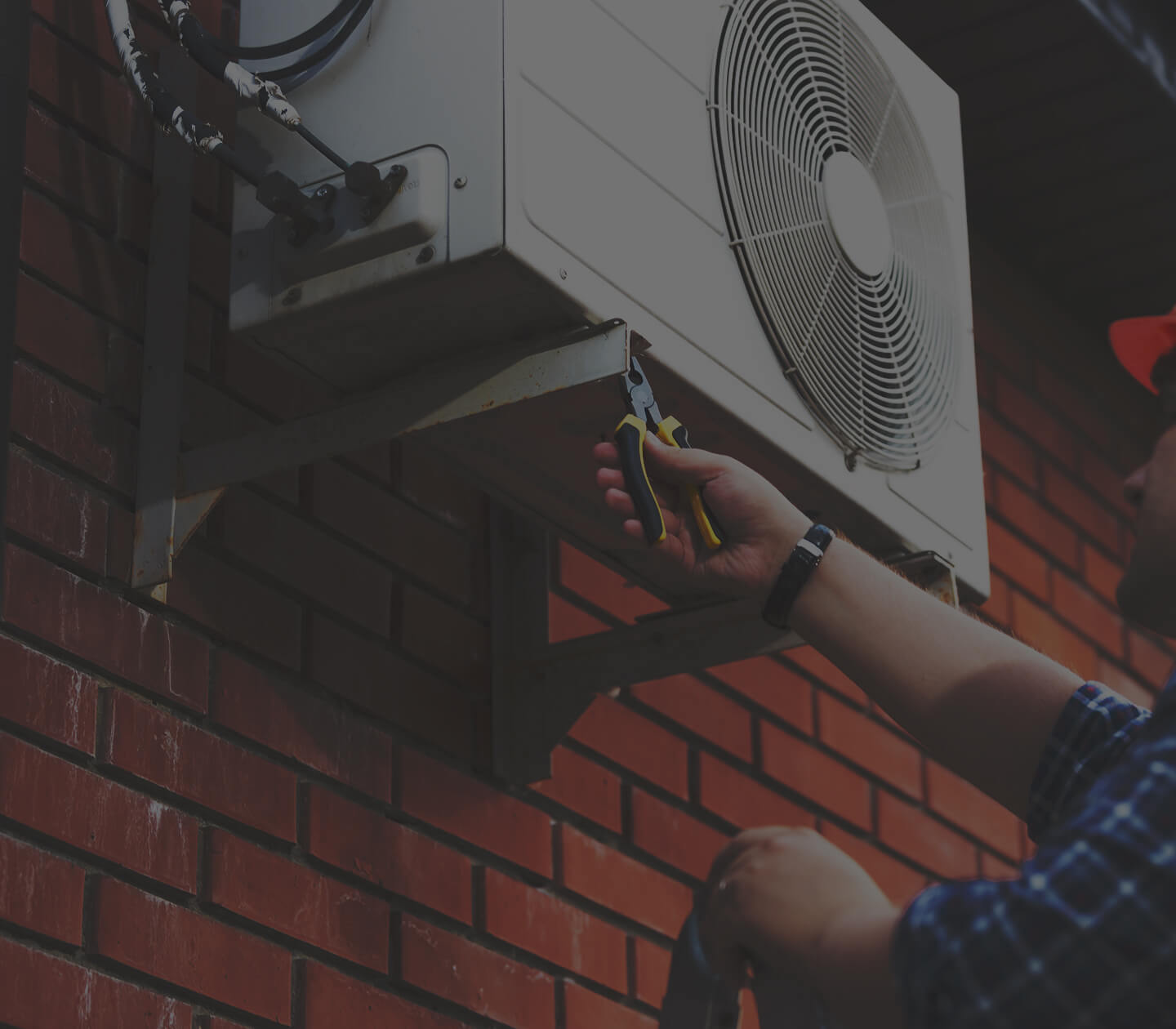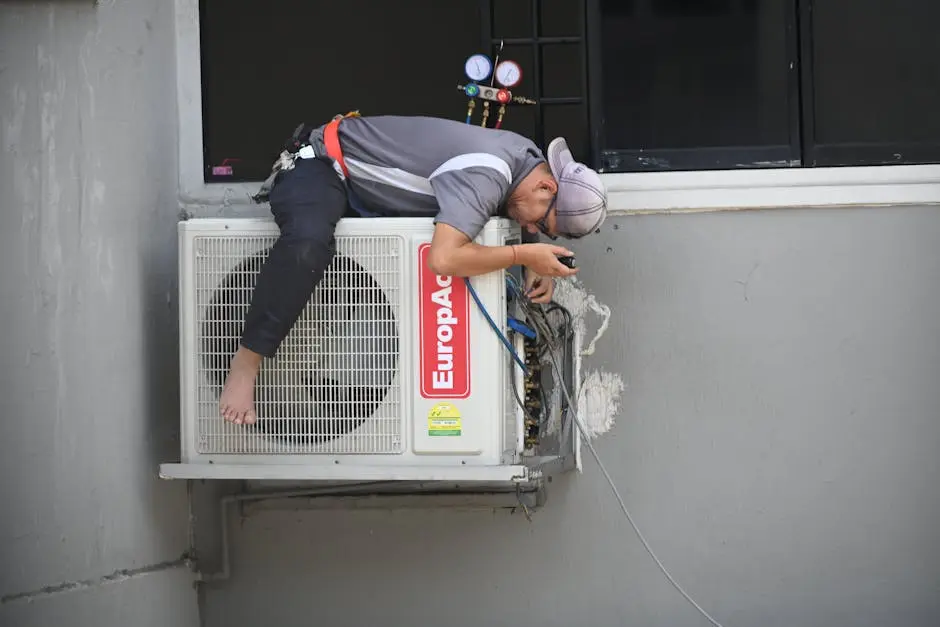Indoor air quality is crucial for our health and comfort, and one of the key factors influencing it is an efficiently functioning HVAC system. In Westerville, where seasonal changes can be significant, understanding how HVAC repair contributes to better air quality can help homeowners maintain a safer and more pleasant living environment.
Understanding Indoor Air Quality
Indoor air quality (IAQ) refers to the quality of air within and around buildings, and it is influenced by various factors such as pollution, humidity, and ventilation. Improving IAQ can lead to better health outcomes, making it important for homeowners to be aware of its significance.
Poor indoor air quality can be detrimental to your well-being, causing headaches, fatigue, and even respiratory issues. Knowing what affects IAQ empowers homeowners to take action. One might be surprised to learn that common household items such as cleaning products, paint, and even furniture can contribute to indoor air pollution.
Furthermore, it’s not just the air we breathe; even the surfaces we touch can harbor pollutants. Regular indoor air assessments can highlight problem areas, and armed with this knowledge, you can make informed decisions about improving your home’s environment.
The Role of HVAC Systems in IAQ
HVAC systems play a critical role in regulating indoor air quality, as they handle heating, cooling, and ventilation. Efficient systems help filter out pollutants and maintain optimal humidity levels, contributing to healthier air.
Beyond just temperature control, an HVAC system circulates and refreshes your home’s air. This process minimizes stale air build-up and reduces the risk of airborne contaminants. Properly functioning systems utilize air filters that are effective in trapping dust, pet dander, and other allergens.
It’s essential to understand that older HVAC systems may not perform as effectively as newer models. Upgrading to a more efficient system can significantly enhance air quality by incorporating advanced filtration technologies, thus ensuring your family breathes cleaner air.
Signs Your HVAC System Needs Repair
It’s essential to recognize when your HVAC system requires repair. Common signs include unusual noises, inconsistent temperatures, and increased energy bills, all of which can compromise indoor air quality.
Additionally, if you notice an unusual amount of dust accumulating around your home, it might be an indicator that your HVAC system’s filters are clogged or malfunctioning. This can directly impact the air you breathe, making it vital to address these issues promptly.
Inconsistencies in indoor temperature can also signify underlying problems, such as duct leaks, which compromise your system’s efficiency. Monitoring these signs not only helps maintain comfort but ultimately protects your indoor air quality.
How HVAC Repair Improves Filtration
One significant way HVAC repair enhances indoor air quality is through improved filtration. Regular maintenance ensures filters are clean and effective, reducing allergens and pollutants in the air.
When air filters are neglected, they become clogged, limiting airflow and forcing the system to work harder. This not only escalates energy costs but also diminishes the air quality inside your home. A clean filter can significantly reduce airborne irritants.
Moreover, many homeowners are unaware of the different types of filters available. High-efficiency particulate air (HEPA) filters are widely regarded for their superior filtration capabilities. Investing in a good filter can drastically improve indoor air quality, making periodic HVAC repairs all the more crucial.
Maintaining Proper Humidity Levels
HVAC systems help maintain ideal humidity levels, usually between 30% and 50%. Repairing malfunctioning systems can help prevent mold growth and other issues caused by high humidity.
Humidity levels that are too high can create a breeding ground for mold and dust mites, both of which aggravate allergies and respiratory issues. On the other hand, excessively low humidity can cause dry skin and irritate your throat. An efficient HVAC system helps maintain that sweet spot.
Regular checks and repairs to your HVAC system can ensure that the humidity levels remain balanced. Installing a hygrometer can also aid in monitoring these levels, allowing you to react promptly if they drift outside the ideal range.
Energy Efficiency and Its Impact on IAQ
An efficiently running HVAC system not only enhances comfort but also reduces energy consumption. When systems are repaired and well-maintained, they operate more effectively, contributing to better indoor air quality.
In Westerville, fluctuating temperatures can strain HVAC systems, leading to decreased efficiency over time. By investing in HVAC repairs, you not only save money on energy bills but also ensure that your home’s air remains fresh and free from pollutants.
When HVAC systems operate efficiently, they use less energy to heat or cool your home. This reduced energy consumption is not just good for your wallet; it also translates into fewer emissions, contributing to a healthier environment overall.
Final Thoughts on HVAC Repair and Indoor Air Quality
In summary, regular HVAC repair is not just about maintaining comfort levels in your home; it plays a vital role in ensuring the air you breathe is clean and healthy. By prioritizing HVAC maintenance and repair, Westerville residents can enjoy improved indoor air quality and a more comfortable living space throughout the year.



